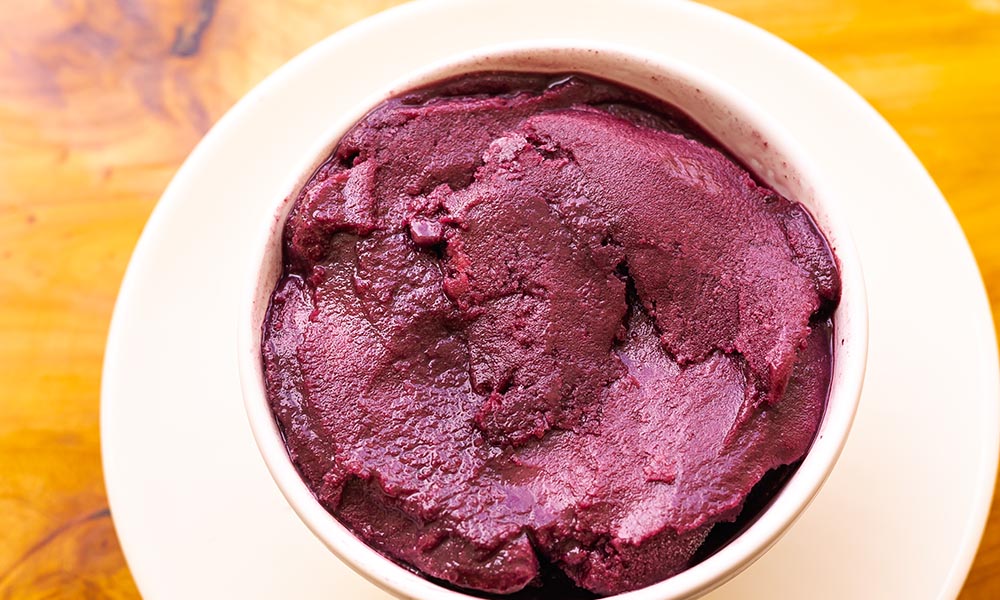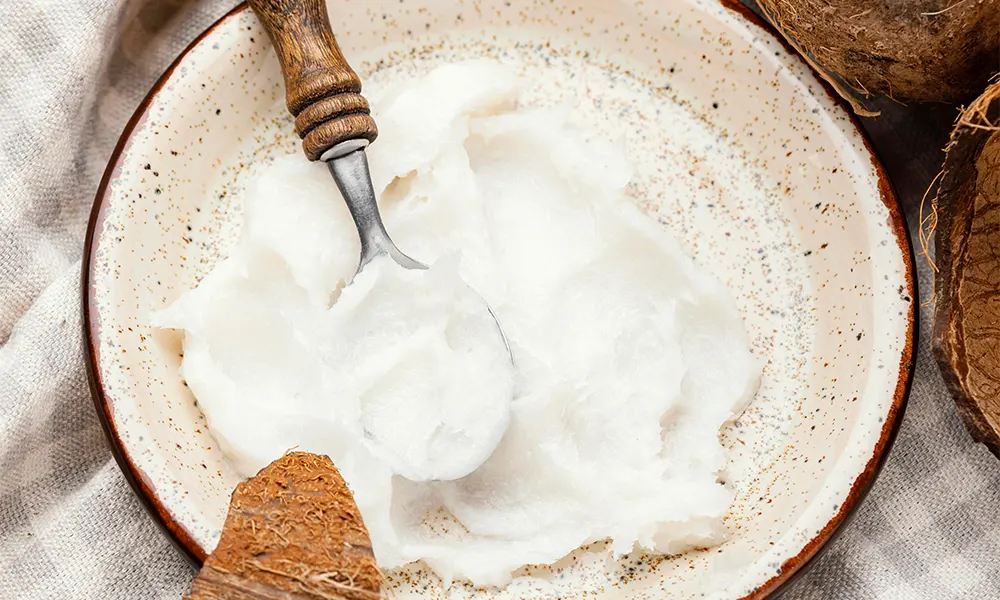Acai berries are hailed as a superfood, packed with antioxidants, fibre, and essential nutrients. But even the healthiest foods can have drawbacks. Understanding acai side effects is essential for enjoying this fruit responsibly. While acai can provide numerous benefits, some individuals may experience adverse reactions. Let’s dive into a detailed exploration of potential side effects and how you can safely enjoy this popular superfood.
What Are Acai Berries?
Before discussing the side effects, it’s important to understand what acai berries are. Originating in the Amazon rainforest, acai berries are small, dark purple fruits from the acai palm tree. Traditionally consumed by indigenous communities, acai is now celebrated globally for its high antioxidant content and nutrient density. From smoothies to supplements, this versatile fruit has made its way into diets worldwide.
But with widespread consumption comes the need to understand the potential risks. Like any food, acai can have effects ranging from mild to more significant.
Acai Side Effects: A Closer Look
Digestive Upset
One of the most common acai side effects is digestive discomfort. Acai’s high fibre content can cause bloating, cramping, diarrhoea, or constipation, particularly if consumed in large amounts or if your body isn’t accustomed to a fibre-rich diet. To mitigate these effects:
- Start with small portions.
- Gradually increase your intake to give your digestive system time to adjust.
Remember, while fibre is crucial for gut health, too much too quickly can be overwhelming.
Allergic Reactions
Although rare, some people may experience allergic reactions to acai berries. Symptoms include:
- Skin rashes or itching.
- Swelling of the face, lips, or tongue.
- Difficulty breathing or, in severe cases, anaphylaxis.
If you have a history of allergies to berries or other fruits, consult a healthcare professional before consuming acai. Better safe than sorry!
Interactions with Medications
The potent antioxidants in acai can potentially interact with certain medications, such as:
- Blood thinners: Acai’s high vitamin K content may affect blood clotting.
- Chemotherapy drugs: High antioxidant levels may interfere with the oxidative processes targeted by these medications.
If you’re taking medication, consult your doctor before adding acai to your diet. Transparency with your healthcare provider ensures safe consumption.
Excessive Consumption Risks
While acai is nutrient-dense, excessive consumption can lead to overnutrition, which may cause:
- Weight gain, especially if consuming acai bowls with high-calorie toppings.
- Overloading your system with antioxidants, potentially impairing natural oxidative processes.
Moderation is key. Even superfoods can be detrimental if overconsumed.
Contaminants in Low-Quality Products
Not all acai products are created equal. Poorly processed or low-quality products may contain contaminants, such as harmful additives or pesticides. Always opt for reputable brands that emphasise organic and sustainably sourced acai.
How to Minimise Acai Side Effects
Mitigating acai side effects is straightforward with proper precautions:
- Start Slowly: Introduce acai gradually into your diet, especially if you’re new to fibre-rich foods.
- Monitor Portions: Stick to recommended serving sizes.
- Choose Quality Products: Look for certifications like organic or fair trade to ensure purity.
- Consult Professionals: Speak with a doctor if you’re pregnant, breastfeeding, or on medications.
Final Thoughts
While acai berries offer impressive health benefits, understanding acai side effects ensures responsible consumption. Most side effects are mild and easily avoidable with proper precautions. Moderation, quality sourcing, and awareness of your body’s responses are the keys to safely enjoying acai.
By incorporating acai responsibly, you can harness its potential as a superfood without compromising your health. Want to explore premium acai products or learn more about incorporating them into your diet?
Ready to embrace the power of acai? Yo Hayo offers high-quality, sustainably sourced acai products designed for your health and wellness journey. Contact us today to explore our range or get expert advice on using acai safely.
FAQs
-
Can acai cause digestive issues?
Yes, acai can cause digestive issues like bloating, diarrhoea, or cramping, especially if consumed in large amounts. This is due to its high fibre content, which can overwhelm your digestive system if you’re not accustomed to it. To minimise these effects, start with small servings and gradually increase your intake. Drinking plenty of water alongside acai can also help your body process the fibre more effectively. If digestive discomfort persists, reduce your consumption or consult a healthcare professional to ensure acai is suitable for your diet.
-
Are there any allergic reactions linked to acai?
Though rare, allergic reactions to acai can occur. Symptoms might include skin rashes, itching, or even severe responses like difficulty breathing or anaphylaxis in extreme cases. Those with allergies to similar fruits or berries should approach acai cautiously. Testing a small amount initially can help determine if you’re sensitive to it. If you experience any unusual symptoms, discontinue use immediately and consult a doctor. Always check the ingredient list for potential cross-contaminants, especially in processed acai products.
-
Can acai interact with medications?
Yes, acai’s high antioxidant content may interfere with certain medications, particularly blood thinners or anti-inflammatory drugs. These interactions could potentially reduce the effectiveness of the medications or cause other side effects. If you are on prescription medications, consult your doctor before incorporating acai into your diet. They can advise on the appropriate amount to consume and ensure there are no adverse interactions. Being proactive in understanding how acai might interact with your treatments helps you avoid potential complications.
-
Is acai safe during pregnancy or breastfeeding?
There is limited research on the safety of acai during pregnancy or breastfeeding. While it’s generally considered safe as a food, it’s best to err on the side of caution. Pregnant and breastfeeding women should consult their healthcare provider before consuming acai, particularly in supplement form. Your doctor can assess your specific health situation and provide personalised advice. If given the green light, consuming moderate amounts of acai as part of a balanced diet is likely safe and can be beneficial due to its nutrients.
-
How much acai is safe to consume daily?
The ideal daily intake of acai varies based on individual health needs and tolerance levels. Starting with small servings, such as half a cup of acai pulp or a single serving of powdered acai, is a safe approach. Gradually increase your intake while monitoring your body’s response. Consuming too much acai can lead to digestive issues or other side effects, so moderation is key. If you’re unsure about the right amount for you, consult a nutritionist or dietitian to tailor your intake to your health goals.





